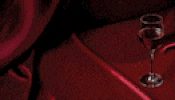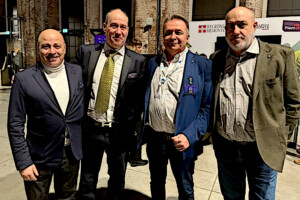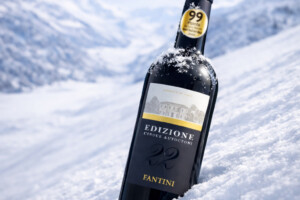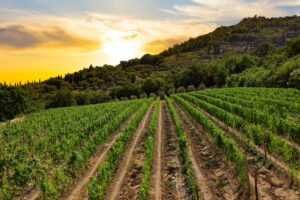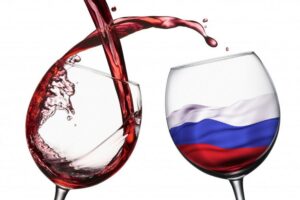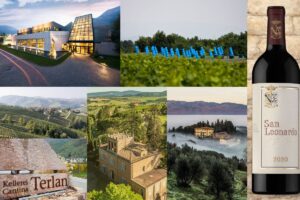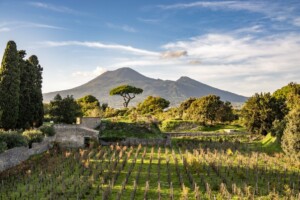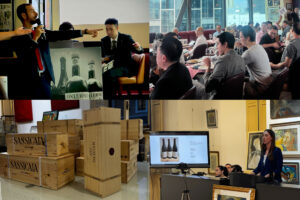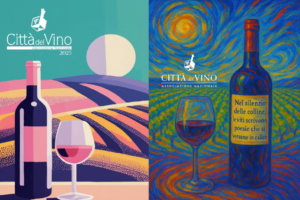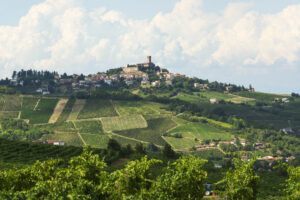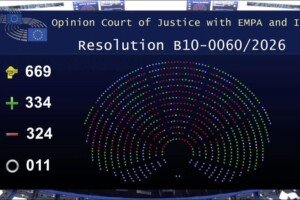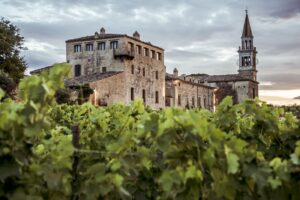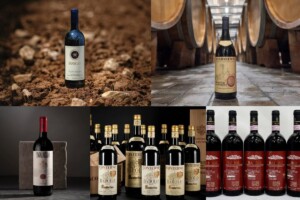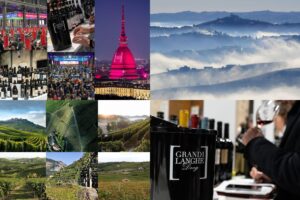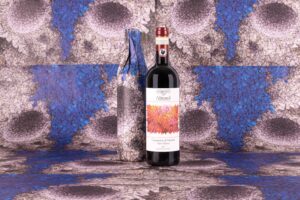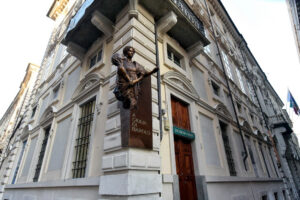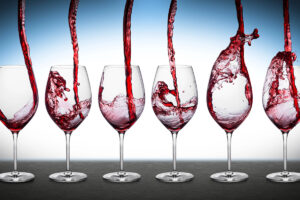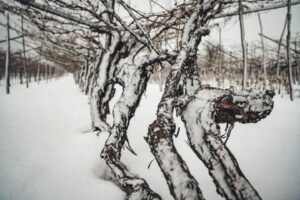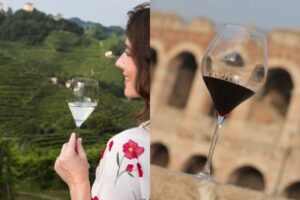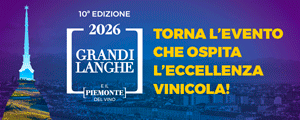The name is not enough, and neither is the fame, or the label, if Italian wine wants to grow on the most solid, and most expensive markets, too, “it must go abroad with wines that speak of our territories and that are high quality. It is no longer just enough to say Chianti Classico or Valpolicella, we must first talk about quality. There are many wines with prestigious names that are not the quality they should be to be able to conquer more astute markets, where today consumers are drinking Barolo, though one day they may very well fall in love with Chablis, or wines from the Loire, or Pinot Noir of Central Otago”. This is the core of the message Ian D’Agata, editor of Vinous and Decanter, as well as head of Collisioni Wine & Food, told WineNews, in Barolo, during the Agrirock Festival. His words hit hard and put Italy’s wine-making companies in front of a definitely more complex reality than one might imagine at first sight. “There are slightly more delicate problems to deal with on mature markets like the UK and the USA”, said the Italian Vinous editor. “They are knowledgeable about good quality wines from around the world. And in this sense, not all Italian wines are adequate; for instance, there are many Chardonnays that do not stand up to the comparison with Chardonnays from the rest of the world. And I am not criticizing, but rather being realistic. We have to be able to go abroad with wines that speak of our territories and are made well. We have to deal with very astute customers, who know what the rest of the world is offering, and if we want to keep winning new slices of the market we cannot rely only on names. In Washington, Toronto, San Francisco or Montreal, people do not need to drink an Italian wine that has a great name, but is low quality, because they can easily drink quality wines from Burgundy, Chile, Australia or New Zealand, and we must absolutely do the same. I think that by now everyone recognizes that Italy produces great wines, even though French leadership is difficult to reach, and some of Italy’s wine productions are really on the same level. Price”, continued Ian D’Agata, “is an important lever for everyone, not only for Italian wines. We are in an economically difficult time, and since 2008 onwards there has not been a great recovery, so it is essential to offer wines at the right price, 5 to 8 euros, the most popular range”.
The situation in China, however, is different. It is “a difficult market, destined to become simpler. Nowadays the older and more affluent consumers, who do not really have a great wine culture, and basically trust the labels and the fame of a product, are in command and drink Champagne, Franciacorta and Trentodoc, and above all reds, Bordeaux, Barolo and Brunello di Montalcino. This generation is lost to us”, Ian D’Agata said, “as it is difficult to change their minds. Instead, young people, of which there are many and who are more and more interested in wine, are the ones we must cater to. There are young people who love Trebbiano Abruzzese, Pampanuto, Semidano, Freisa, Schioppettino and Grignolino. They are curious, while of course, we must consider the Chinese palate, which probably prefers the tannins of Sagrantino di Montefalco. Something is moving and evolving, though, and I am convinced that this is an important market”, added Ian D’Agata, “and one which we must be patient and willing to follow, because in the end we will conquer important quotas, so we must insist now, in this dry spell”.
Besides the market, another, literally, “hot” topic is the impact of global warming on viticulture, which has lived through climate revolutions in the past thousands of years, but this does not mean it can rest easy. “In the face of global warming there are historically cold areas that will benefit, like, Alto Piedmont, where Nebbiolo did not always ripen well. Many other areas have experienced improvements; the key thing is to adapt agriculture to climate change. There are areas like Alsace that, in theory, should no longer be able to produce white wines and instead, thanks to viticulture, some of the best in the world are produced there. We too will succeed”, the director of the Collisioni Wine Project hopes, “even in hot areas, perhaps by planting other varieties and using appropriate techniques. As far as the resistant vines are concerned, I don’t want to seem against technology, however, the problem is that right now they still don’t give interesting wines. We must definitely improve here, as in so many other fields, but today to say that resistant vines give good wines like Sangiovese, Nebbiolo, Nerello and Mascalese, is not possible”.
Obvious remarks on the influence of Collisioni, and on a way of narrating wine that still needs to be developed, bringing together different experiences and worlds. “I think that unity is strength, and in this profession there is room for everyone, from those who do traditional tastings to those who focus on mixing cinema and wine, or theater and wine, which have great appeal to young people. While we are educating them for consumption, we must remember that wine is part of our culture, and so is food. We are Italian because we eat Spaghetti all’Amatriciana and Cotoletta alla Milanese, and we drink Negramaro and Nero d’Avola. Combining these to other excellent Italian products, fashion, cinema, music and theater, we can bring more people closer to great Italian food and wine”.
Copyright © 2000/2026
Contatti: info@winenews.it
Seguici anche su Twitter: @WineNewsIt
Seguici anche su Facebook: @winenewsit
Questo articolo è tratto dall'archivio di WineNews - Tutti i diritti riservati - Copyright © 2000/2026

